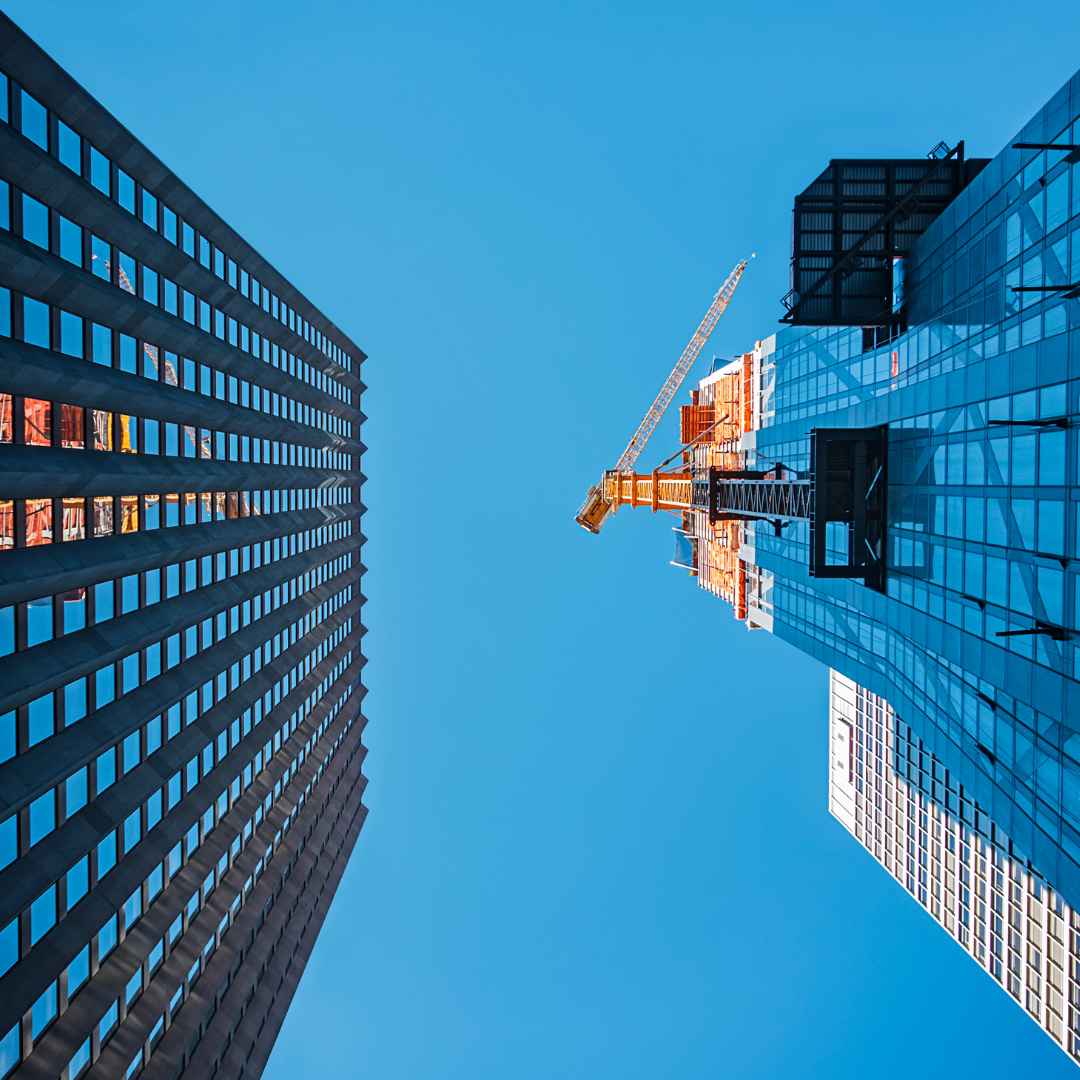Beyond Aesthetics: Will Recycled Glass Reshape the Facade Industry? Here’s Why It Might.
One of the most interesting developments in the Facade industry this month is Saint-Gobain’s breakthrough in recycling solar panel glass into flat glass, in partnership with Maltha. Their pilot project, successfully completed this month, saw 75 tons of recycled solar panel glass repurposed for flat glass production. This shift towards a more circular economy has big implications for general contractors, project managers, and estimators involved in commercial construction and facade projects, as sustainable materials gain traction in the industry.
More Sustainable & Compliant Facades
Many cities, such as NYC and Chicago, are pushing for lower-carbon materials in construction to meet new sustainability targets. Recycled glass could help projects achieve LEED certification or meet embodied carbon reduction requirements without effecting performance. For facade and glazing professionals, this means new material choices that could set projects apart when bidding on high-performance builds.
Potential Cost Benefits
Traditional high-performance glass can be expensive due to material and energy costs. If recycled flat glass becomes more widely available, it could offer a more cost-effective option for commercial and industrial projects. Estimators should watch for how pricing and availability of recycled glass products compare to standard glass options.
Impact on Supply Chains
Material shortages and price volatility have challenged the glazing industry in recent years. Expanding domestic recycling and reuse of glass could help stabilize supply chains, reducing dependency on international glass production. For project managers, watching which manufacturers begin offering recycled glass options at scale may be useful.
Overall, the development of glass recycling marks a significant shift in how glass facades and windows are sourced and specified. As cities tighten sustainability requirements and developers push for lower-carbon materials, the facade industry will have to adapt faster than ever. For facade professionals, this evolution presents both challenges and opportunities. On one hand, navigating new materials, supply chains, and cost structures requires a willingness to rethink traditional approaches. On the other, those who embrace these changes early whether by working with manufacturers, understanding lifecycle assessments, or integrating sustainable glass into bids will position themselves as leaders in the next era of facade construction.
Could there come a time when recycled glass isn’t just an option, but an industry standard? If so, how will that reshape material pricing, project timelines, and the way glazing systems are engineered? With innovation accelerating, facade professionals may need to think beyond aesthetics and performance, as sustainability could soon be just as critical to winning work as design and cost.






